Let’s face it. Software has holes. And hackers love to exploit them. New vulnerabilities appear almost daily. If you have software — we all do — you need to keep tabs on the latest vulnerabilities.



The U.S. Air Force is looking to field a new type of low-cost yet advanced drone to be used as an “Off-Board Sensing Station,” or OBSS. Details remain very limited, and the few publicly available Air Force Research Laboratory documents on the program state that specifics are only available to approved contractors. Still, according to Kratos, one of the companies involved with the effort, the new unmanned platform could potentially end up being as revolutionary as the firm’s stealthy XQ-58 Valkyrie has been.
The remarks about the OBSS program were made by Eric DeMarco, President and Chief Executive Officer of Kratos Defense & Security Solutions, during a company earnings call this week. DeMarco says that if the program is successful, the company believes it “could ultimately be as significant and transformational to Kratos as we expect Valkyrie to be.” The CEO added that the OBSS program is a signal that “the total addressable market opportunity for Kratos’ class of tactical drones is rapidly expanding and clarifying, as the Department of Defense strives for affordable force multiplier systems and technologies.”
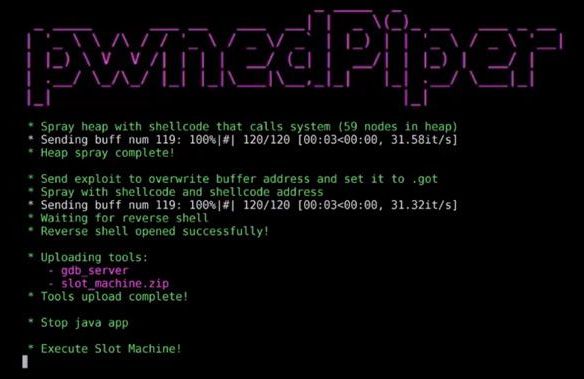
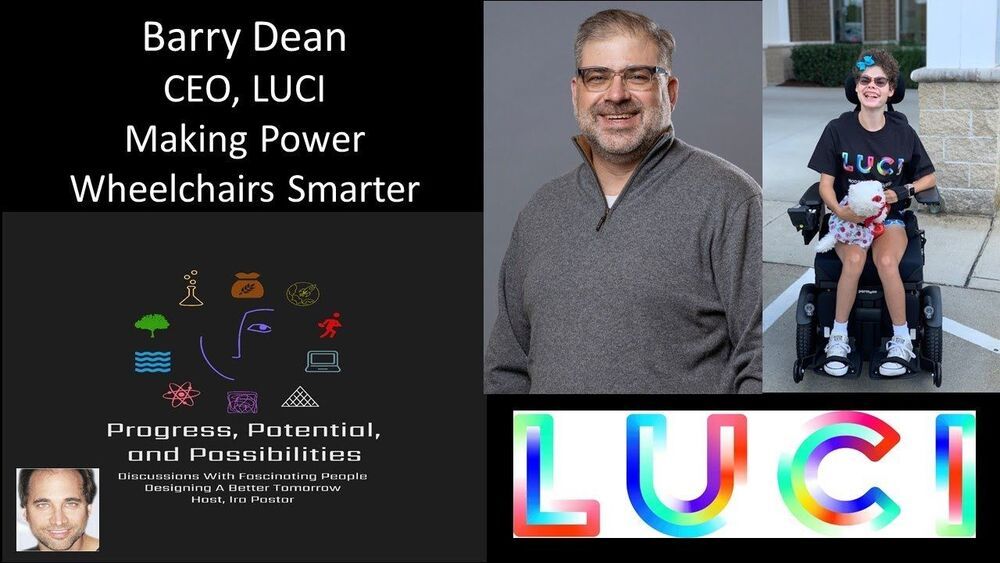
Making Power Wheelchair Technologies “Smarter” — Barry Dean, CEO, LUCI
Barry Dean is an award-winning songwriter turned smart wheelchair technology company founder.
As CEO of LUCI (https://luci.com/), a company re-imagining mobility for power wheelchairs, Barry sets the strategic vision and leads the company towards its goal of providing security, stability and connectivity for power wheelchairs. He founded the company with his brother, Jered, in 2017 with hopes of building a smarter solution for his daughter Katherine and all power wheelchair riders.
Barry has written multiple No. 1 singles including “Pontoon” (Little Big Town), “Day Drinking” (Little Big Town), ” Somebody’s Daughter” (Tenille Townes), and “Think a Little Less” (Michael Ray), along with a Top 40 hit with “Girls Chase Boys” (Ingrid Michaelson). He has been nominated for a Grammy for Best Country Song on Tim McGraw’s “Diamond Rings and Old Barstools.”
Barry is a founding writer at Creative Nation Music, Recording Academy (GRAMMY) Nashville Chapter Governor, and has previously served two terms as a board member of the Nashville Songwriters Association International. Prior to becoming a songwriter, he led market strategy and product development for a leading education technology company.
Barry currently lives in Nashville, Tenn.
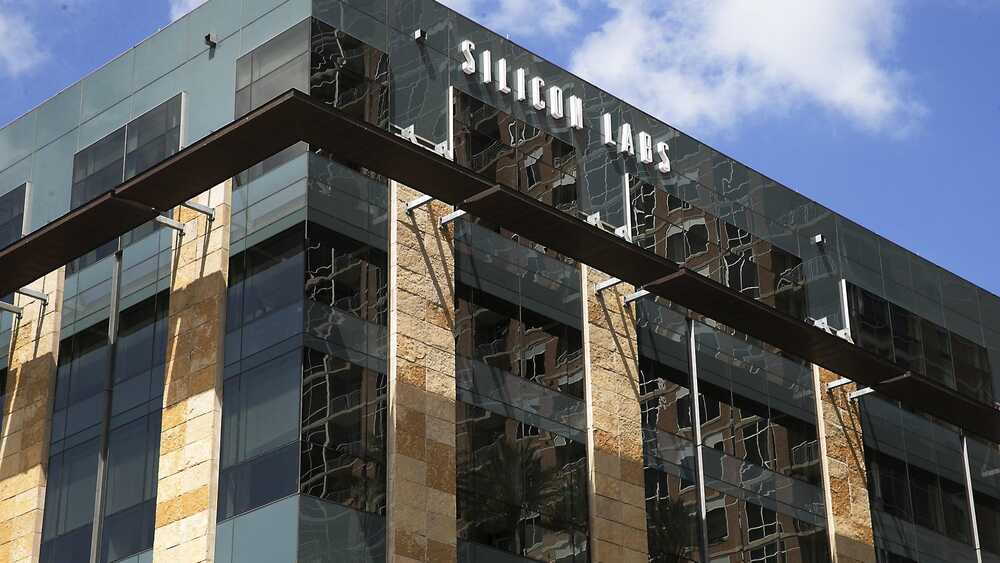
Austin-based Silicon Labs has sold its infrastructure and automotive business for $2.75 billion to California-based semiconductor maker Skyworks Solutions. Plans for the all-cash deal was initially announced in April.
Silicon Labs primarily designs semiconductors and other silicon devices. CEO Tyson Tuttle said the deal will allow the company to focus on its growing Internet of Things business. Internet of Things, or IoT as it is known in industry shorthand, refers to a range of non-computing devices —from kitchen devices to security systems — that connect to the Internet.
Silcon Labs’ IoT business already serves tens of thousands of customers and works in thousands of applications, but the deal narrows Silicon Labs focus exclusively to that technology.

We hand out cash freely to some people, while we plague others with fraudulent debt notices that may cripple financially, with dire ultimate consequences.
There is a case to be made for a universal basic income (UBI) — an unconditional payment to everyone that ensures the basics of life are catered for. It may give people security to leave a bad situation, or freedom to pursue a new future. No conditions means no bureaucracy, which improves productivity and efficiency, and the universal nature of UBI means even conservatives can get on board.
But how to afford such a payment? Surely giving away free money would blow the budget?
Money is fungible, so while some payments are labelled as welfare and other line items may be called discounts, its is only the bottom line* of the balance sheet that matters. Looking solely at the bottom line, we may be far closer to an Australian UBI than you think.
Consider low income individuals — we already have a safety net in Australia to provide the poorest in the community with some minimum standard of living. We give them money to ensure the basics are met — a payment already included in any commonwealth budget.
For higher income individuals — few would suggest giving them free cash, but if we simultaneously took the same away then there could be no reason to object. A net increase in tax for the better off could precisely offset their UBI payment, again leaving the bottom line unchanged.
We already give people an effective tax discount of several thousand dollars called the ‘tax free threshold’. If this discount were removed — such that you pay tax on every dollar earned — but replaced with an unconditional UBI payment, then any one individual may not notice the change in policy. Low incomes still get effective welfare payments, while higher incomes use their cheques of free money to pay the extra tax bill.
While motivation to work, fairness, and fiscal constraints all remain moot points***, the security and opportunity that a fiscally responsible UBI provides may make some small sacrifices worthwhile.
What settings would you choose for a fiscally responsible UBI?
What problems can you see it solving and creating?
* That’s why they call it the bottom line.
** Disability payments etc need not be eliminated along with ‘base’ welfare.
*** Moot probably doesn’t mean what you think it means.
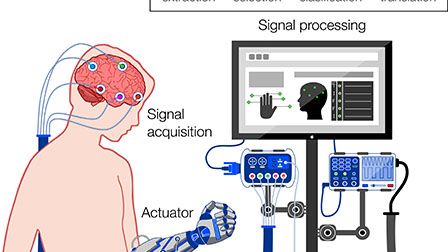
Brain–computer interfaces (BCIs) provide bidirectional communication between the brain and output devices that translate user intent into function. Among the different brain imaging techniques used to operate BCIs, electroencephalography (EEG) constitutes the preferred method of choice, owing to its relative low cost, ease of use, high temporal resolution, and noninvasiveness. In recent years, significant progress in wearable technologies and computational intelligence has greatly enhanced the performance and capabilities of EEG-based BCIs (eBCIs) and propelled their migration out of the laboratory and into real-world environments. This rapid translation constitutes a paradigm shift in human–machine interaction that will deeply transform different industries in the near future, including healthcare and wellbeing, entertainment, security, education, and marketing. In this contribution, the state-of-the-art in wearable biosensing is reviewed, focusing on the development of novel electrode interfaces for long term and noninvasive EEG monitoring. Commercially available EEG platforms are surveyed, and a comparative analysis is presented based on the benefits and limitations they provide for eBCI development. Emerging applications in neuroscientific research and future trends related to the widespread implementation of eBCIs for medical and nonmedical uses are discussed. Finally, a commentary on the ethical, social, and legal concerns associated with this increasingly ubiquitous technology is provided, as well as general recommendations to address key issues related to mainstream consumer adoption.

Update now: The ream of bugs includes some remotely exploitable code execution flaws. Still to come: a fix for what makes iPhones easy prey for Pegasus spyware.
IPhone users, drop what you’re doing and update now: Apple has issued a warning about a ream of code-execution vulnerabilities – some of which are remotely exploitable – and experts are emphatically recommending an ASAP update to version 14.7 of iOS and iPadOS.
Unfortunately, you aren’t getting a fix for the flaw that makes your iPhones easy prey for Pegasus spyware. As headlines have focused on all week, a zero-click zero-day in Apple’s iMessage feature is being exploited by NSO Group’s notorious Pegasus mobile spyware: A spyware blitz enabled by a bug that has given the security community pause about the security of Apple’s closed ecosystem.
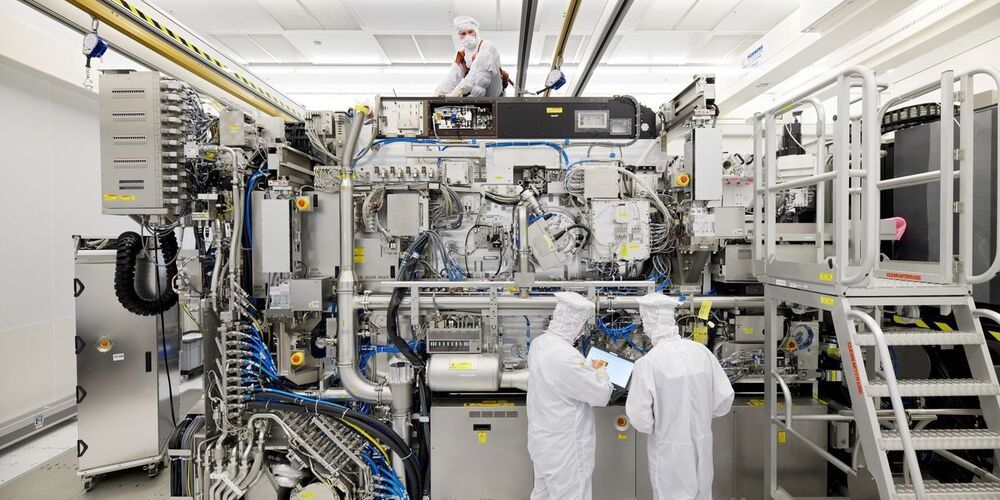
The chip world’s most important machines are made near corn fields in the Netherlands. The U.S. is trying to block China from buying them.
The one-of-a-kind, 180-ton machines are used by companies including Intel Corp., South Korea’s Samsung Electronics Co. and leading Apple Inc. supplier Taiwan Semiconductor Manufacturing Co. to make the chips in everything from cutting-edge smartphones and 5G cellular equipment to computers used for artificial intelligence.
China wants the $150-million machines for domestic chip makers, so smartphone giant Huawei Technologies Co. and other Chinese tech companies can be less reliant on foreign suppliers. But ASML hasn’t sent a single one because the Netherlands—under pressure from the U.S.—is withholding an export license to China.
The Biden administration has asked the government to restrict sales because of national-security concerns, according to U.S. officials. The stance is a holdover from the Trump White House, which first identified the strategic value of the machine and reached out to Dutch officials.
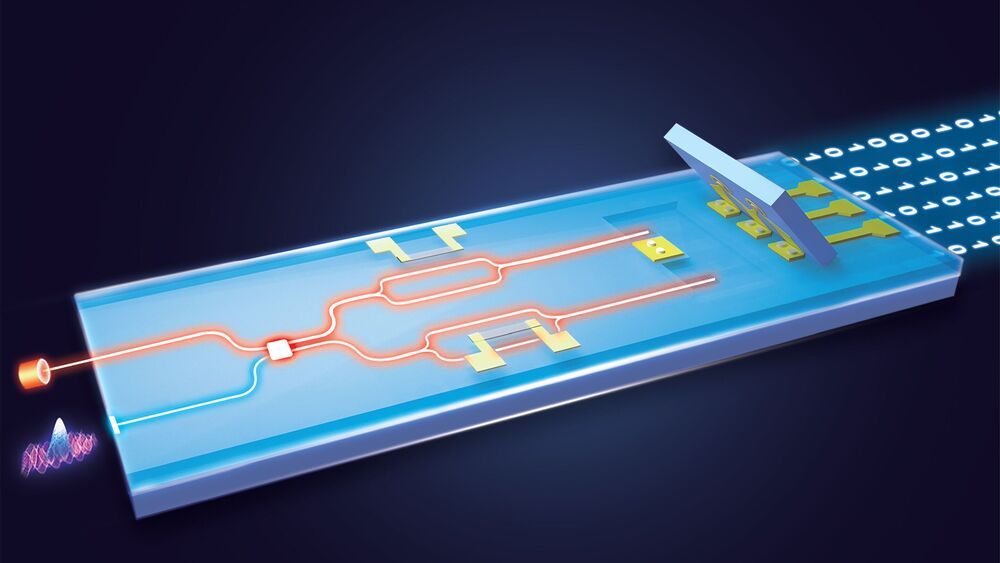
As pervasive as they are in everyday uses, like encryption and security, randomly generated digital numbers are seldom truly random.
So far, only bulky, relatively slow quantum random number generators (QRNGs) can achieve levels of randomness on par with the basic laws of quantum physics, but researchers are looking to make these devices faster and more portable.
In Applied Physics Letters, scientists from China present the fastest real-time QRNG to date to make the devices quicker and more portable. The device combines a state-of-the-art photonic integrated chip with optimized real-time postprocessing for extracting randomness from quantum entropy source of vacuum states.